Crystal Janvier-Romaniuk, a proud Cold Lake First Nations member, faced numerous challenges throughout her life, from poverty and institutional racism to intergenerational trauma. Despite these obstacles, Crystal's determination to create a better future for herself and her family fueled her pursuit of higher education and a career in public health.
“I would say a pivotal moment for me realizing I needed to embrace my dreams was after I had my daughter and realized I didn’t want to return to a position where my heart was not in the work. I needed new challenges in order to grow and thrive. I decided to apply for a MBA program and expand my business to the next level.”
In 2013, Crystal founded Sundance Enterprises, a successful industrial quality consulting firm. However, when a business expansion proposal was denied, she sought out resources to help her achieve her goals. That's when she discovered Alberta Women Entrepreneurs (AWE) and the Next Steps to Success Program (NSTS).
NSTS: A Catalyst for Growth
The NSTS program, which Crystal completed in 2018, provided her with invaluable business planning fundamentals and resources. This experience not only helped her expand Sundance Enterprises but also served as a catalyst for her to pursue an Executive MBA at the Beedie School of Business.
Crystal's achievements are a testament to her resilience and entrepreneurial spirit. Since graduating with her MBA in 2022, she has expanded Sundance Enterprises to focus on Indigenous business consulting, become a certified NSTS instructor with AWE, and founded a not-for-profit organization dedicated to land management and economic development for Alberta First Nations.
Empowering Others through Entrepreneurship
Crystal's passion for empowering others shines through in her work as a business coach and advisor. She shares her expertise and knowledge with clients, helping them overcome challenges and achieve their own entrepreneurial dreams.
Crystal's story is a powerful example of how AWE's NSTS program can empower women to overcome obstacles, achieve their goals, and make a lasting impact on their communities.
Sundance Enterprises has recently expanded to focus on Indigenous Business consulting alongside Industrial Quality consulting. Crystal is a certified NSTS instructor with the AWE and provides business coaching and advising services. Crystal is passionate about supporting and uplifting fellow entrepreneurs and sharing her business knowledge and expertise with clients.
“ Being an Indigenous women entrepreneur to me means being grounded in the epistemological world views of my ancestors while thriving for the stars. Indigenous entrepreneurs and economies are unique because our business practices are grounded in a circular economy. We don’t just want economic freedom and sovereignty for ourselves but for our communities and families. I am building a bright future for my children, creating generational wealth and prosperity.”
About NextStep to Success
The NextStep to Success Business Planning Series provides guidance, expertise, and peer mentoring at an early start-up phase of business to Indigenous women who are ready to develop a comprehensive business plan that could be used for financing purposes.
The unique circle delivery format has been developed specifically to meet the needs of Indigenous women and our small group sessions include real-life examples, success stories, and practical training in a supportive learning environment. Final business plans can be submitted for review and feedback. We work in partnership with local band and economic development agencies to deliver the training series.
Visit us here to find out our next dates!






















